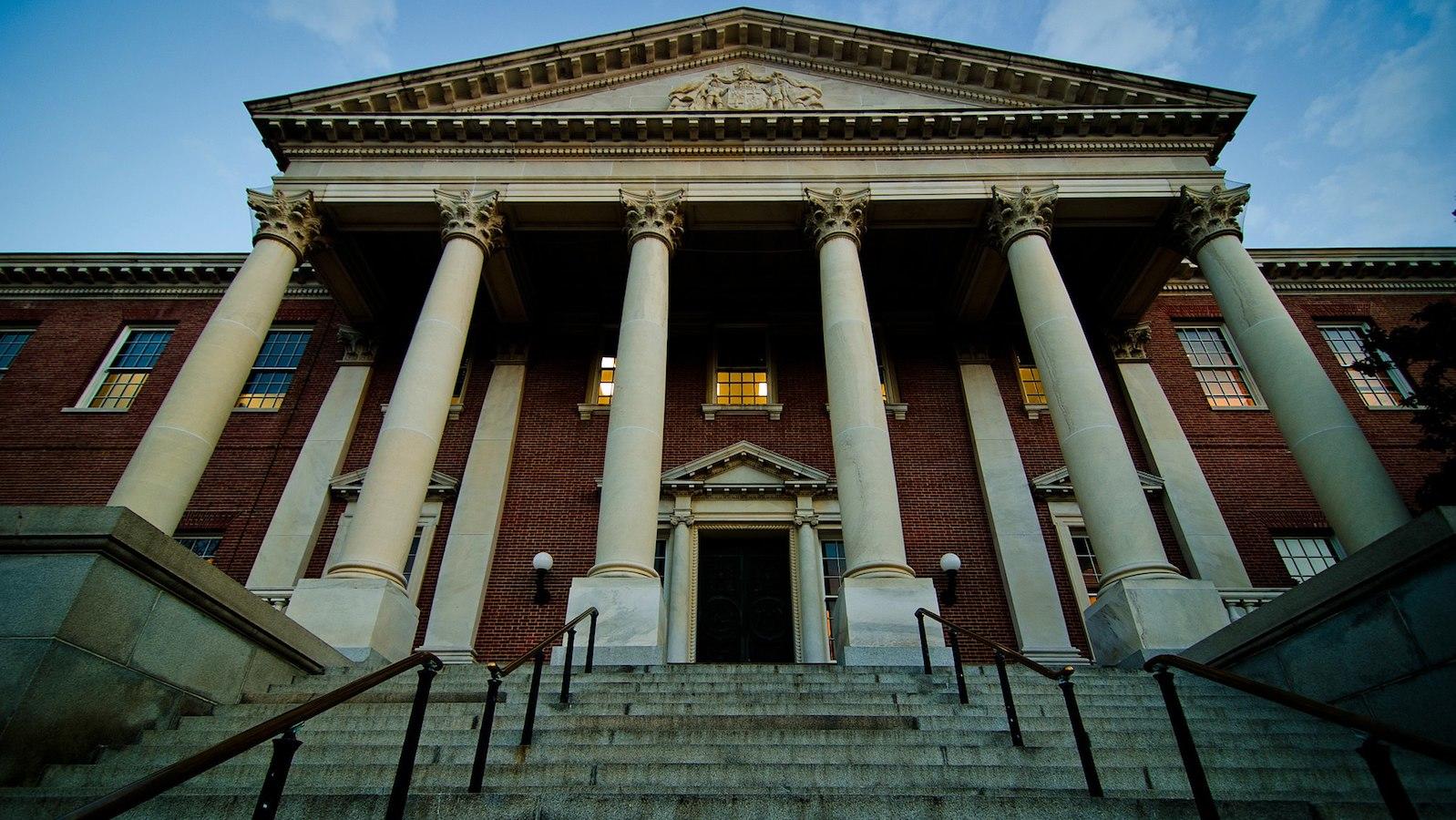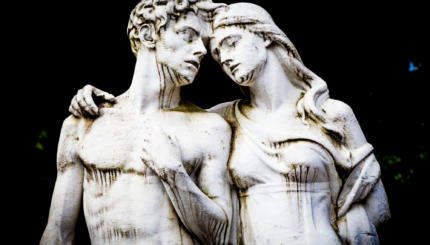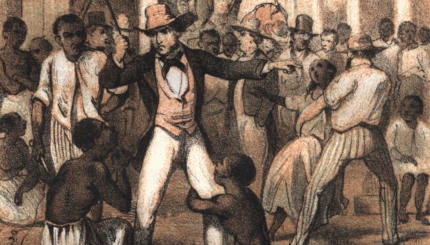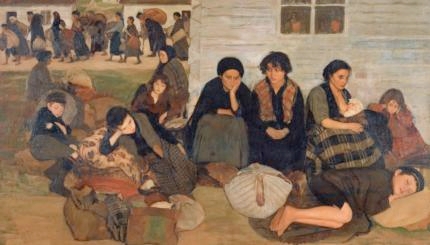In 1776, the very year that the Declaration of Independence proclaimed that “all men are created equal,” the people of Maryland adopted a constitution that set the standard for holding state office:
No other test or qualification ought to be required on admission to any office of trust or profit than such oath of support and fidelity to the State . . . and a declaration of belief in the Christian religion.
Lord Baltimore founded Maryland to provide a haven for England’s persecuted Catholics. Ironically, by the time of the Revolution, Catholics had become a small and unpopular minority in Maryland. Most of Maryland’s Catholics saw the provision to allow all Christians to hold public office as a guarantee of their equality.
With the adoption of the federal Bill of Rights in 1791, which ensured freedom of religion to all American citizens, such restrictions on the holding of public office in Maryland –including military service and the practice of law–became blatantly unconstitutional. At least it seemed that way to Jewish leaders Solomon Etting and Jacob Cohen of Baltimore, who along with other petitioners, appealed to the Maryland Assembly in 1797 on behalf of “a sect of people called Jews” who “are deprived of invaluable rights of citizenship” and who want to be “placed on the same footing as other good citizens.”
Etting had fought in the Revolution and been active in public life in Pennsylvania before moving to Baltimore. An energetic individual who holds the distinction of being the first American-born shochet (ritual slaughterer for kosher meat), Etting served as a director of the first American railroad company, the Baltimore and Ohio. Cohen was a banker and Jewish communal leader. Both men were Jeffersonian Democrats and had influential friends in the legislature.

Help us keep Jewish knowledge accessible to millions of people around the world.
Your donation to My Jewish Learning fuels endless journeys of Jewish discovery. With your help, My Jewish Learning can continue to provide nonstop opportunities for learning, connection and growth.
Their 1797 petition initiated a 30-year fight to repeal the religious requirements for participation in Maryland public life. A committee of the Assembly found the Etting-Cohen petition “reasonable,” but the Maryland legislature took no subsequent action. Etting and Cohen organized several more petitions between 1798 and 1804, each of which was supported by the Jeffersonians. The Federalists blocked passage of any reform act in Maryland’s upper chamber, which disproportionately represented conservative, anti-immigrant, and rural areas. The Federalists argued that lifting the limitations in the constitution would open office holding not only to Jews, but also to “Turks and infidels.”
In the early 1820s, Etting and Cohen found a legislative champion for their petition: Thomas Kennedy, an Irish Catholic state representative. As a Catholic, Kennedy wanted to broaden the spirit of toleration in Maryland, both for Catholics and for Jews. Kennedy made a plea for fairness: as citizens, Jews–and even Turks and infidels–must have the same right to serve as other citizens. Having seen their proposal defeated once too often, Etting and Cohen realized that Kennedy’s bill was to too broad to win conservative support. They convinced him to focus, at least for the time being, on winning political rights for Jews.
In 1822, Kennedy and his allies launched a campaign to “extend to the sect of people professing the Jewish religion, the same rights and privileges enjoyed by Christians.” Kennedy’s proposed legislation came to be known as the “Jew Bill.” Maryland’s conservative rural newspaper editors and legislators opposed it. When the bill came up for a vote in the upper house of the state legislature in 1823, it was defeated and Kennedy lost his seat in the legislature. Re-elected in 1824, Kennedy, with the help of the Baltimore Jewish community, resumed the fight. In 1825, the Democrats gained a majority in the upper house and had a chance to pass his bill.
In the end, the Maryland Assembly heeded Kennedy’s pleas for justice and arguments that failure to pass his bill would drive Jews out of the state, to the detriment of the local economy. In 1826, the Maryland Assembly finally adopted a bill allowing Jews to hold office. Its key provision stated that:
Every citizen of this state professing the Jewish religion . . . appointed to any office of public trust [shall] make and subscribe a declaration of his belief in a future state of rewards and punishments, in the stead of the declaration now required.
The “Jew Bill” adopted in 1826 did not directly amend or strike the offending clause from the Maryland constitution, where it still stands today. Rather, the bill circumvented it. The Maryland Assembly saw fit only to allow Jews who affirmed their belief in an afterlife to sit as members. Today, while the Maryland constitution still formally limits public office holding to Christians, the clause is never enforced and religious tests are never applied to lawyers or elected officials.
Chapters in American Jewish History are provided by the American Jewish Historical Society, collecting, preserving, fostering scholarship and providing access to the continuity of Jewish life in America for more than 350 years (and counting). Visit www.ajhs.org.
.



